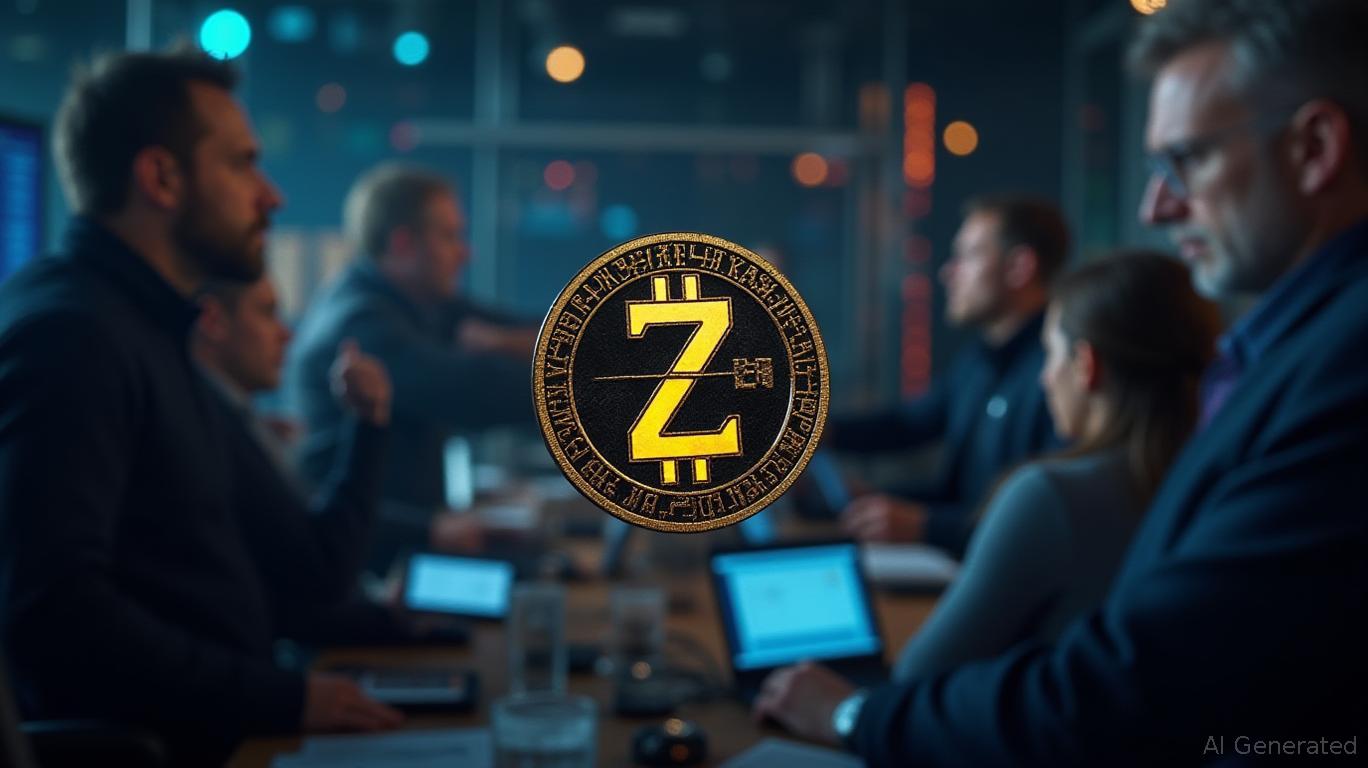Ethereum 100x Scaling Breakthrough with Consumer GPUs
Quick Take Summary is AI generated, newsroom reviewed. Ethereum has achieved a 100x scaling breakthrough through real-time validation using consumer-grade GPUs. This advancement enables the network to process up to 10,000 TPS on the base layer. Real-time validation reduces costs and enhances accessibility for validators. The breakthrough sets a new standard for blockchain scalability and encourages innovation across the ecosystem.References ETHEREUM’S RESEARCH TEAM JUST CALLED THE NEXT PHASE: “A 100x SCALI
Ethereum has served as the dominant smart contract platform for many years. It has been at the forefront of innovation in the blockchain space. Currently, scalability is a major issue as decentralized applications and transactions are demanding more of the network.
In an exciting development, the Ethereum research team has announced a breakthrough that can achieve 100x scaling in its own right, enhancing theoretical scalability before moving to potential applications. This advancement is happening via real-time validation using consumer-grade GPUs, increasing possible throughput and reducing operational costs.
MASSIVE:
— Merlijn The Trader (@MerlijnTrader) October 17, 2025
ETHEREUM’S RESEARCH TEAM JUST CALLED THE NEXT PHASE:
“A 100x SCALING BREAKTHROUGH.”
THE NETWORK IS EVOLVING FASTER THAN EVER. $ETH IS BUILDING THE INFRASTRUCTURE OF THE FUTURE. pic.twitter.com/lggza3dtRc
What Is Ethereum’s 100x Scaling Breakthrough?
Central to this innovation is a new method of validating blocks. In the past, validators had to re-execute each and every transaction to confirm the blocks, which is a resource process. This has created a bottleneck, which has limited scalability of the network.
The new method performs real-time validation using consumer GPU`s. By come using these widely available and reasonable priced, hardware components Ethereum can now perform validation of blocks within seconds. In a recent test, this capability allowed 99.6% of the transactions to be proved in under 12 seconds, the first step towards achieving 10,000 transactions per second TPS) on the Ethereum mainnet.
How Does Real-Time Validation Work?
Although this event marks a milestone, the Ethereum research team is continuing to improve and further optimize the technology. Future updates plan to further reduce validation times, costs, and accessibility to stand up the network.
The Ethereum community is researching complementary nd potential solutions such as sharding and layer-2 rollups to further improve scalability and to further ensure the network can bear the increased demand of decentralized applications.
How Will This Impact the Blockchain Ecosystem?
Ethereum’s scaling innovation is a revolutionary breakthrough in the scaling of blockchains. It shows that real-time validation can be done using consumer-grade hardware, and thus invites other blockchains to step up and develop their scalability solutions.
This can also have a major impact on decentralized finance (DeFi), non-fungible tokens (NFTs), and other applications that are blockchain-specific. Scalability will allow these applications to be more efficient and be utilized by a larger group of people and for more complex purposes.
What Are the Next Steps?
While this is an impressive achievement on its own, the research team at Ethereum does not intend to stop improving or optimizing the technology. Moving forward, reducing validation times, cost, and access to the network are all items of concern.
Also, the Ethereum community is also investigating complementary solutions such as sharding. Layer-2 rollups to improve scalability, and build the network to support future decentralized applications..
Disclaimer: The content of this article solely reflects the author's opinion and does not represent the platform in any capacity. This article is not intended to serve as a reference for making investment decisions.
You may also like
NEAR's Reduced Inflation: Sensible Adjustment or Weakening of Governance?
- NEAR Protocol slashed annual token inflation to 2.4% from 5%, bypassing a failed community vote and sparking governance debates. - The October 30 upgrade reduces new token issuance by 60 million yearly, lowers staking yields to 4.5%, and prioritizes curbing dilution. - Critics, including staking firm Chorus One, accuse the core team of undermining decentralized governance, as NEAR’s price fell 8% post-announcement. - The move mirrors strategies by Solana and Polkadot but highlights tensions between econo

"Potential for Increased Volatility as Eigen Focuses on Expanding Its Ecosystem Rather Than Token Offerings"
- Eigen Foundation clarifies EIGEN token transfers from treasury are for ecosystem grants, partnerships, and liquidity, not team unlocks or sales. - Market faces $653M+ in token unlocks (Oct-Nov 27), led by SUI ($119M) and EIGEN ($43.8M), raising volatility risks for smaller projects like GRASS and SIGN. - Analysts warn high-unlock projects face sharper price swings, contrasting Eigen's governance stability with broader market uncertainties over liquidity absorption. - Rovaren Token (RVN) introduces AI-pow

Zcash Sets New Standard for Crypto Privacy with $412 Rally and Zero-Knowledge Enhancements
- Zcash (ZEC) surged to a $412 seven-year high, driven by privacy demand, ZK upgrades, and market shifts toward zero-knowledge tech. - ZEC's $6.8B market cap now surpasses Monero and Shiba Inu, fueled by 400% October gains and 4.1M shielded tokens on Orchard protocol. - Electric Coin Co. unveiled Q4 2025 roadmap with Zashi wallet enhancements, P2SH multisig security, and Solana integrations to boost privacy usability. - Analysts highlight Zcash's optional transparency model as a compliance advantage over f

Investors Turn to Blockchain as Meme Coins Struggle During Market Fluctuations
- Meme coins like SPX6900 face waning momentum as investors shift to blockchain projects like NB HASH, which integrates AI and decentralized infrastructure. - Fed Chair Powell's cautious stance on rate cuts (70% December cut probability) dampened tech stocks, while NatWest and SERES Group boosted earnings amid cost-cutting and EV growth. - Leidos and Summit Hotel Properties raised dividends, reflecting corporate strategies to balance shareholder returns with reinvestment amid market volatility. - Bitcoin's

